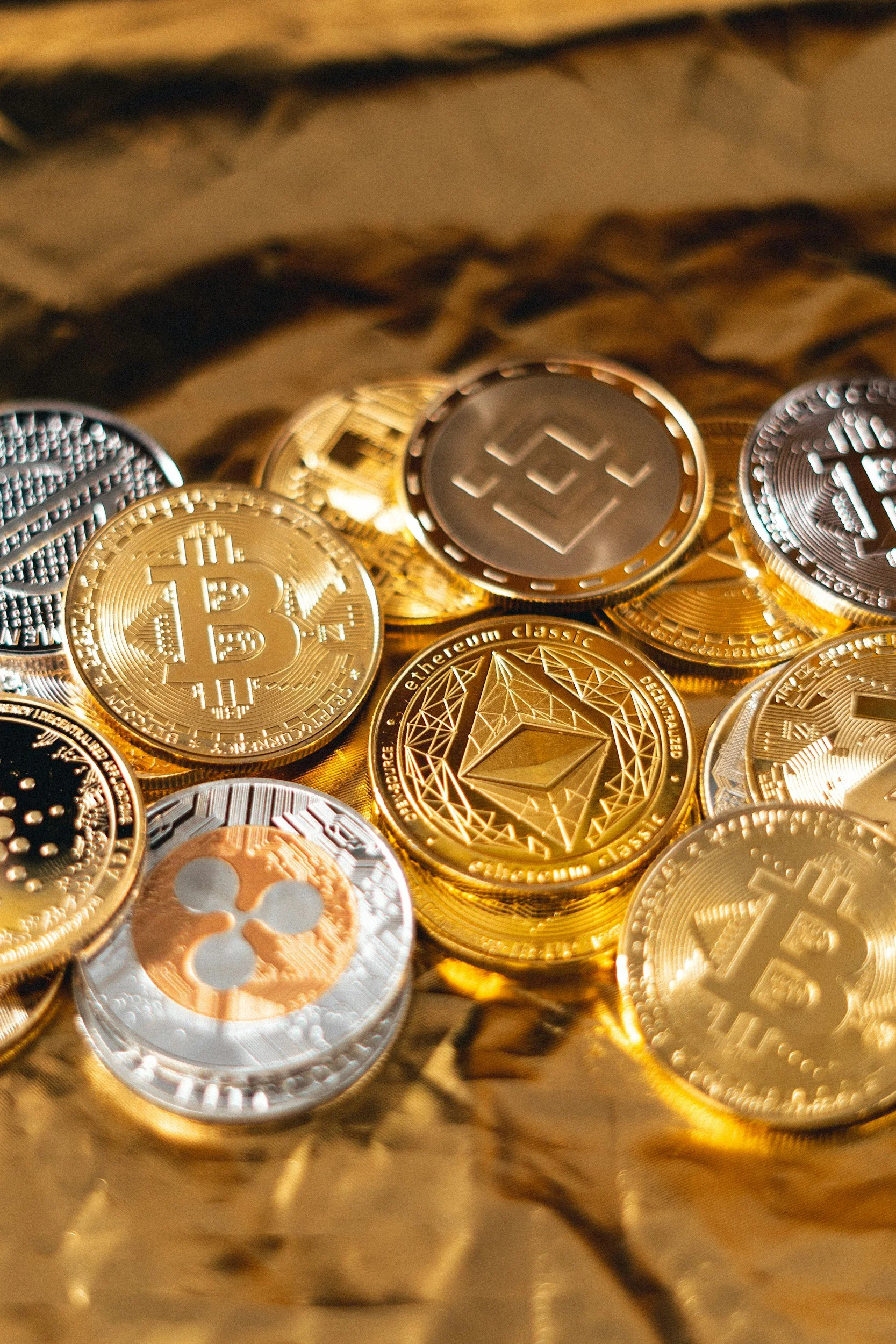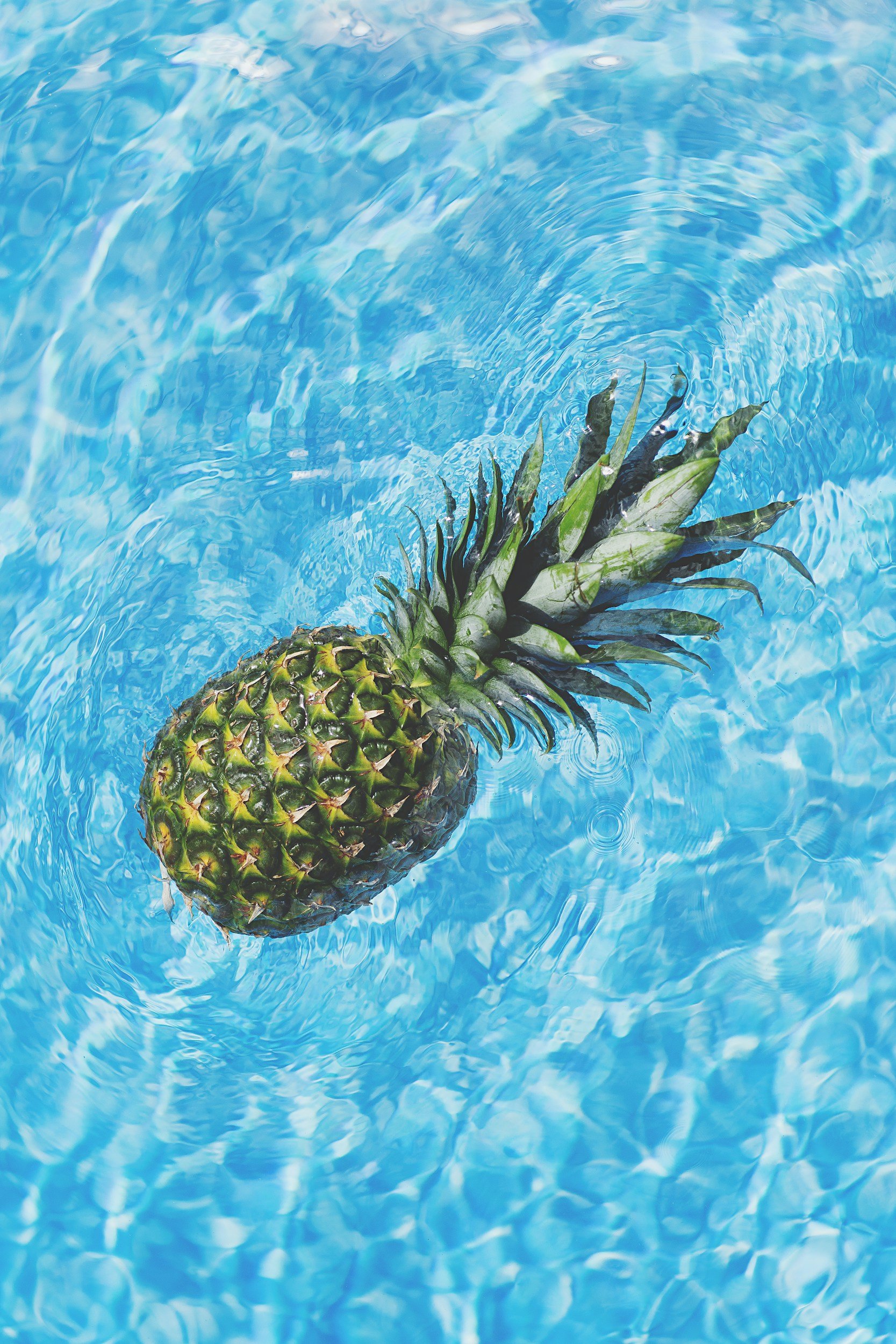Why Coins Are Used as Offerings to Water Bodies (and Practical Aspects)
Across various spiritual traditions, including Odinani, coins are commonly used as offerings to water spirits. To the casual observer, it may seem superstitious. But to those who understand the depth of the gesture, offering coins to water forces is an act of energetic exchange, gratitude, and an attempt at alignment.
Let’s explore the spiritual philosophy, symbolic meaning, and practical aspects of this ritual act, and why it continues to hold relevance even in modern spiritual practice.
The Symbolism of Water
In Odinani, water is viewed as an active cosmic force. It is seen as:
The spiritual womb from which all life emerges.
A portal to the ancestral and divine realms.
A carrier of memory and emotion, and a force of purification.
Water is alive, aware, and responsive. Practitioners understand that when approached with reverence, it becomes a source of divine intelligence that can bless, cleanse, and redirect the course of one’s life.
Why Coins? The Currency of Energy and Intention
So why are coins specifically offered?
Coins Represent Value and Exchange: Coins are symbols of economic energy. When coins are offered to water, the practitioner acknowledges:
That they are making a spiritual transaction.
That value is being exchanged: a blessing for an offering, a prayer for a token.
That nothing in the universe is free. Not in the capitalist sense, but in the cosmic sense of balance and reciprocity (Ofo na Ogu in Igbo thought).
Just as one pays for goods in a market, you offer to water in recognition of its spiritual service.
Coins Carry Human Intention: Coins are touched, exchanged, worked for. They carry the imprint of human energy. Offering them is a symbolic act and a transmission of will, intention, and gratitude.
Symbolism of Purification: Coins are also symbolically associated with:
Offerings of purity – Giving a shiny, uncorrupted object to the spirit of water reflects one’s desire for inner cleanliness.
Transmission of clean energy – Metal, especially when clean, is seen as a conductor of sacred energy, capable of carrying prayers or intentions into the spiritual realm.
Practical Aspects of Offering Coins
Interestingly, the act of offering coins to water bodies may have not only spiritual but also natural purifying implications, depending on the type of metal used.
Metallic Antimicrobial Properties: Certain metals found in coins, especially copper, silver, and nickel, have well-documented antimicrobial and antifungal properties. In fact, ancient civilizations like the Egyptians, Greeks, and Indians used metal vessels or coins to purify drinking water.
Copper: Known to destroy bacteria like E. coli, Salmonella, and Vibrio cholerae, copper ions released into water can break down microbial cell walls.
Silver: Though less common in modern coins, silver has long been used for water purification, especially in Ayurvedic and Middle Eastern traditions.
Nickel and Zinc: While not as potent as copper or silver, these metals may also contribute to reducing microbial activity.
This means that when coins are placed in small bodies of water they can reduce harmful bacteria, especially if the coins are not heavily oxidized or corroded.
Of course, in larger natural bodies of water like rivers and oceans, the purifying effect is minimal due to volume, but the symbolic intent remains powerful.
Final Thoughts
In Igbo cosmology, it’s believed that water has memory. This belief informs any symbolic practices present in Odinani which are defined around water.
The act of offering coins to water reconnects practitioners to:
The idea that not all wealth is material.
The spiritual law of reciprocity and acknowledgment.
The belief that nature is alive and conscious.









